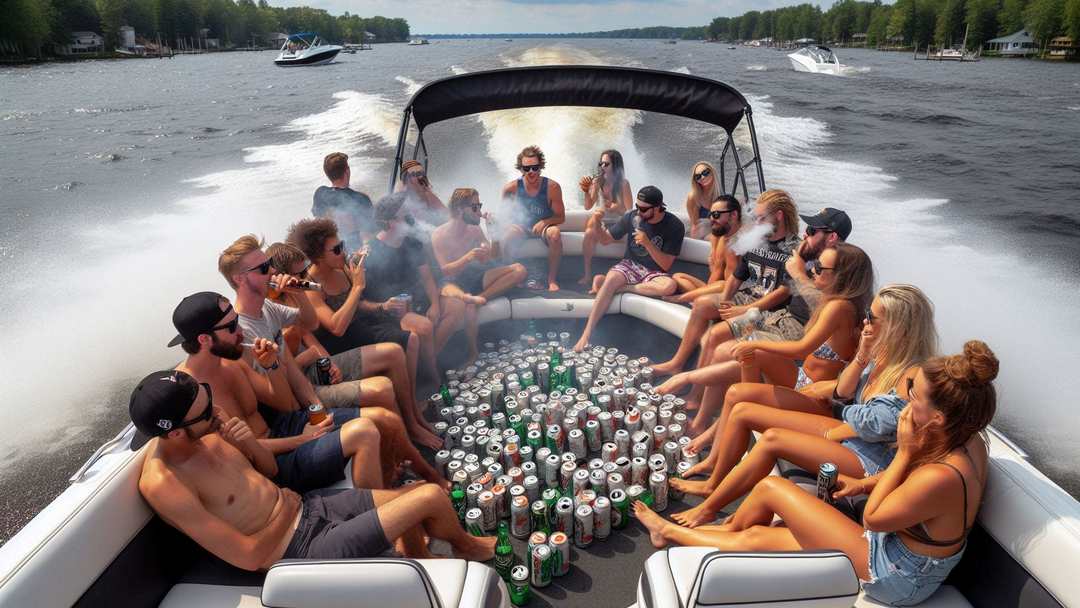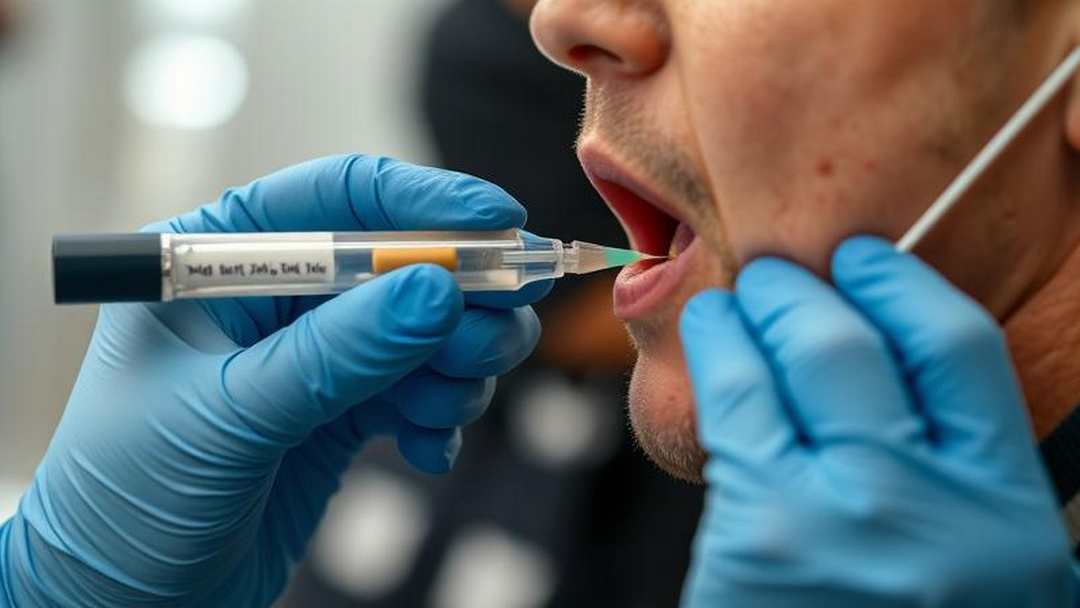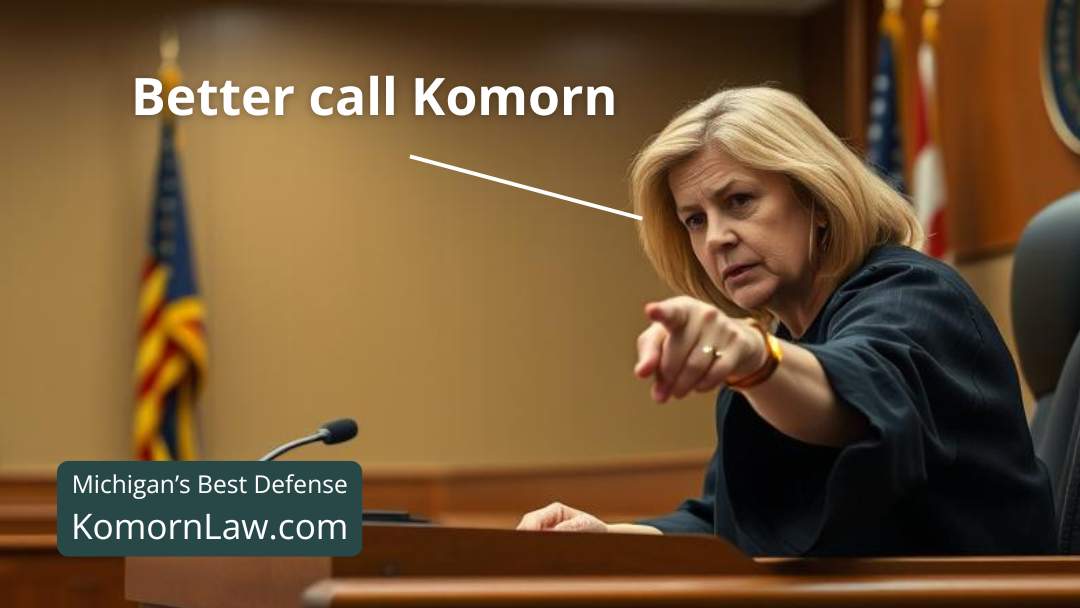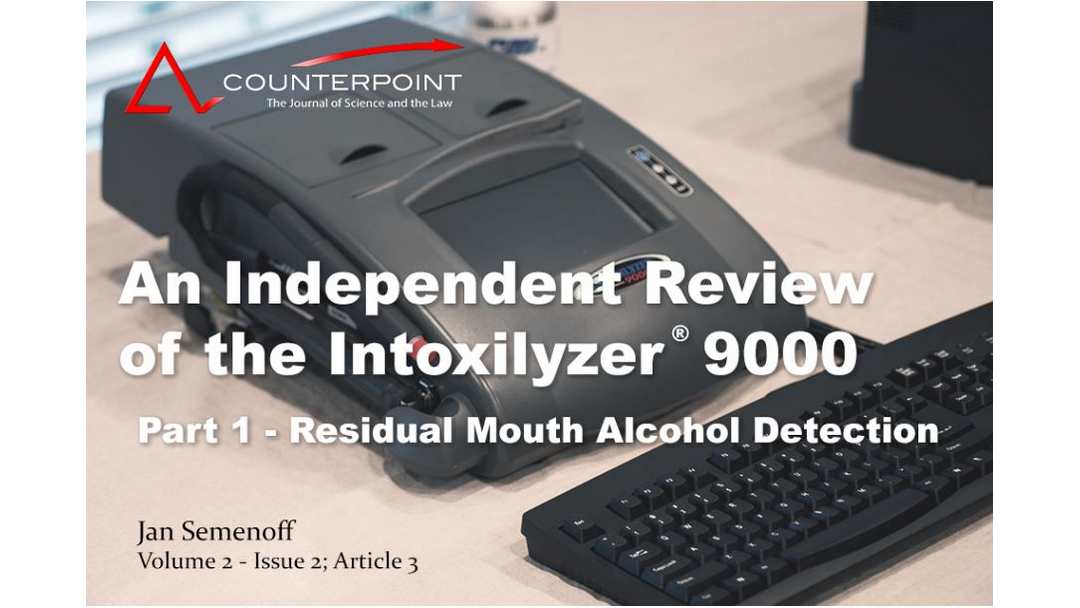What are your rights before and after arrest?Generally, police require a search warrant to lawfully enter any private premises or to search electronic devices such as your phone or computer. If the police do not possess a search warrant, you are under no obligation to...

Michigan Appeals Court Decision on Cannabis Use and Probation
Michigan Court of Appeals – Recreational Cannabis Use and Probation
At Komorn Law, we are dedicated to protecting the rights of our clients and staying at the forefront of legal developments.
Our firm’s success in the landmark case of People v. Thue set a significant precedent for medical marijuana patients on probation. Recently, another pivotal case, People v. Lopez-Hernandez, was decided by the Michigan Court of Appeals, which further clarifies the boundaries of marijuana use under probation conditions.
Case Summary: People v. Lopez-Hernandez
In People v Lopez-Hernandez, the defendant, Marco A. Lopez-Hernandez, appealed his probation violation based on the argument that his use of recreational marijuana, compliant with the Michigan Regulation and Taxation of Marihuana Act (MRTMA), should not be penalized.
Lopez-Hernandez had been placed on probation after pleading guilty to operating a vehicle while visibly impaired by marijuana. As a condition of his probation, he was prohibited from using marijuana. When he tested positive for marijuana use, he was found in violation of his probation.
Court’s Decision
The Michigan Court of Appeals affirmed the lower court’s decision to uphold the probation violation. The court distinguished this case from the Thue decision by noting the context of Lopez-Hernandez’s initial offense, which involved operating a vehicle under the influence of marijuana—a direct violation of both state law and the terms of his probation.
The court emphasized that while the MRTMA decriminalizes the use of marijuana by adults, it does not protect individuals who violate other laws, such as operating a vehicle while impaired.
Therefore, the condition of probation prohibiting marijuana use was deemed lawful and rationally related to the defendant’s rehabilitation.
Implications for Marijuana Users on Probation
This ruling underscores the critical distinction between medical and recreational marijuana use under Michigan law, particularly in the context of probation conditions.
Probation Conditions and Marijuana Use:
Under the MRTMA, adults over 21 years old are allowed to use marijuana recreationally. However, this does not extend to situations where the use of marijuana violates other laws or probation conditions.
Conditions prohibiting marijuana use can still be imposed on probationers if they are rationally related to the offense and the individual’s rehabilitation.
Impact of Prior Offenses:
Individuals convicted of marijuana-related offenses, especially those involving impaired driving, can expect stricter probation conditions related to marijuana use.
This decision clarifies that using marijuana recreationally in violation of the law (e.g., driving under the influence) will not be protected under the MRTMA.
Distinction from Thue Case:
The Thue case protected medical marijuana patients from probation conditions that prohibited compliant use of medical marijuana.
The Lopez-Hernandez decision makes it clear that similar protections do not necessarily apply to recreational use, especially when the underlying offense involves marijuana-related impairment.
The People v. Lopez-Hernandez decision highlights the ongoing evolution of marijuana law in Michigan and the importance of understanding how it intersects with probation conditions.
Legal Counsel and Your Rights
When facing legal challenges, particularly in criminal cases, it is advisable to seek legal counsel immediately.
An experienced attorney can provide guidance on how to navigate interactions with law enforcement while safeguarding your constitutional rights.
Since 1993 our expert legal defense in navigating criminal law matters and protecting your constitutional rights are what we eat for breakfast everyday.
Contact Komorn Law PLLC if you’re ready to fight and win.
Research us and then call us.
Recent
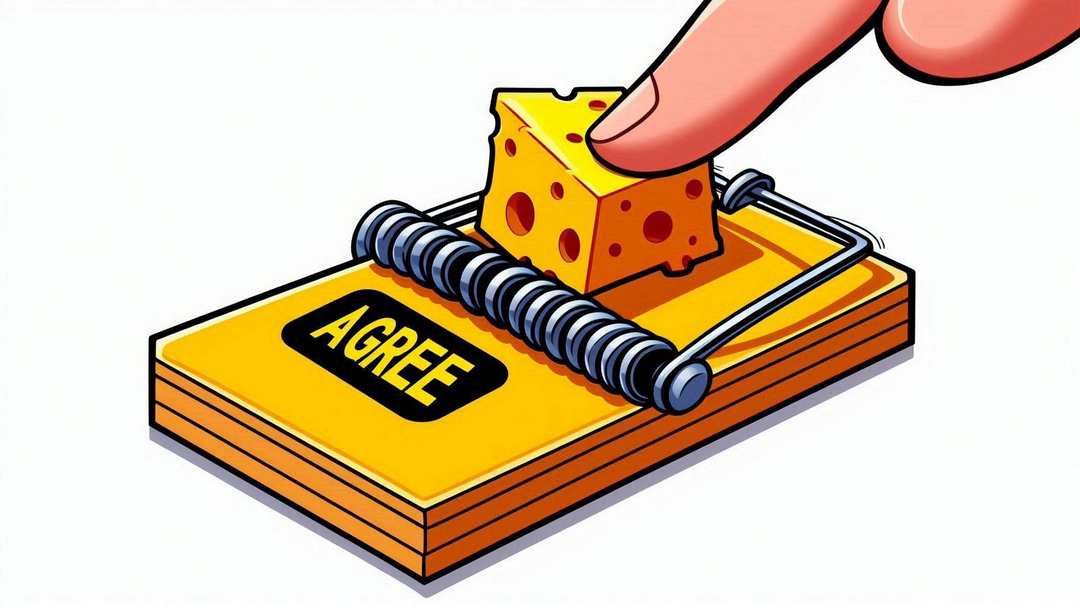
What could happen when you click the – I agree – box?
Wrongful death suit against Disney serves as a warning to consumers when clicking ‘I agree’A wrongful death lawsuit involving Walt Disney Parks and Resorts highlights the critical importance for consumers to meticulously review the fine print before registering for a...
Other Articles
Video kept from family shows police force not drugs killed son
police and paramedics inflicted “inhumane acts of violence”A mother has filed a federal lawsuit claiming that, while her son was experiencing a seizure in his Tennessee apartment, police and paramedics inflicted “inhumane acts of violence” on the 23-year-old instead...
What could happen when you click the – I agree – box?
Wrongful death suit against Disney serves as a warning to consumers when clicking ‘I agree’A wrongful death lawsuit involving Walt Disney Parks and Resorts highlights the critical importance for consumers to meticulously review the fine print before registering for a...
4th Circuit says – Assault weapons can be banned
This case is about whether the Act’s general prohibition on the sale and possession of certain “assault weapons,” are unconstitutional under the Second Amendment. An en banc federal appeals court upheld Maryland’s ban on assault-style weapons in a 10-5 decision...
SCOTUS – Justices uphold laws targeting homelessness
Does not amount to “cruel and unusual punishment” under the Eighth Amendment The Supreme Court has affirmed the validity of ordinances in a southwest Oregon city that restrict individuals experiencing homelessness from utilizing blankets, pillows, or cardboard boxes...







